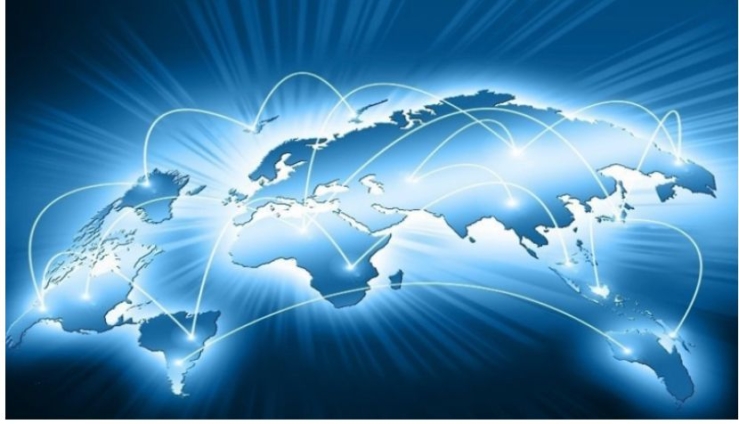Information and Communications Technology (ICT) is playing a pivotal role in unlocking the enormous potential of the digital economy, which has grown over 2.5 times faster than the global GDP over the past 15 years.
By 2025, the digital economy will represent 24.3% of global GDP, up from 17.1% in 2017.
However, the rapid development of digital technologies also brings new security challenges. The rising number of mobile connections is creating a larger attack surface for networks.
The increasing adoption of cloud platforms has blurred geographical and legal boundaries concerning cybersecurity, while AI and big data which offer unprecedented value have also elevated the risk of data breaches.
In addition, cybersecurity is increasingly being entangled with political tensions, eroding trust between nations.
Cybersecurity issues have often been exploited as excuses to erect trade barriers, diverting focus from genuine concerns.
Although these political disputes have taken the most attention, they have failed to resolve the cybersecurity challenges at hand.
Cybersecurity challenges have become more complex. We can't solve it by focusing on one vulnerability at a time, and no single person, company, or country can do it alone. There is therefore the need for a consolidated effort in addressing these challenges.
As a leading global telecom solutions provider, Huawei is focused on maintaining independence from political and commercial interests.
This has influenced the company’s commitment to enhance cybersecurity by developing and deploying technologies with ethical considerations and respect for laws and regulations.
This commitment is an ongoing endeavour, with Huawei continuously investing in significant resources to enhance cybersecurity protocols for the company and its peers.
Huawei is dedicated to delivering high-quality products and services, defined by customers and government stakeholders, to foster a safe and secure cyber world.
The company views cybersecurity as a marathon, not a sprint. It acknowledges that in certain markets, customers face challenges from local, political or commercial pressures to "buy local" or "buy Western."
To address this, the company offers independent assessment of its products and processes, alongside dedicated localization efforts to ensure that the integrity of the supply and support flow remains highly secured.
Huawei has established and implemented an end-to-end global cyber security assurance system. This emphasizes that the company’s commitment to cyber security will never be outweighed by the consideration of commercial interests.
The company has, therefore, made it a primary responsibility to ensure the stable and secure operation of customers’ networks and businesses, especially in times of natural disasters such as earthquakes and tsunamis and other emergencies.
As a global leading telecom solutions provider, Huawei is fully aware of the importance of cyber security and understands the concerns of various governments and customers.
With the constant evolution and development of the telecom industry and information technology, security threats and challenges are increasing, which intensifies its concerns about cyber security.
The company is focused on paying more attention to this issue by dedicating feasible and effective measures to improve the security of its products and services, thus helping customers to reduce and avoid security risks and build trust and confidence in its cooperation.
Huawei is committed to making cybersecurity the cornerstone of its strategy and will adhere to applicable laws, regulations, and standards of relevant countries and regions to continuously optimize its end-to-end cybersecurity assurance system.
The company remains steadfast in addressing cybersecurity challenges through partnerships with governments, customers, and partners in an open and transparent manner.
Source Huawei (MJoyOnline)


